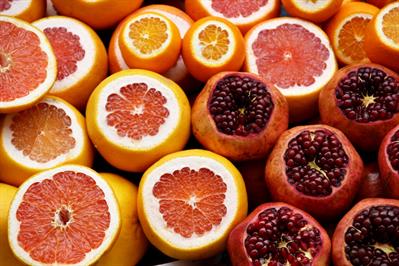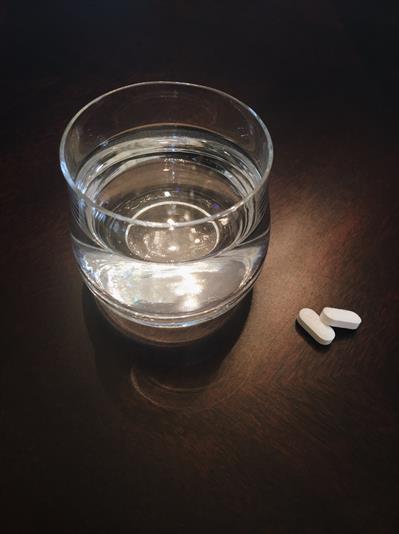How Can You Reduce the Risk of Breast Cancer?
December 14, 2017 | Author: BeatCancer.Org
Breast cancer is the second most common cancer to affect women, second only to skin cancer. A breast cancer diagnosis can feel like a death sentence. Hearing those gut-wrenching words–– “It’s cancer”––can bring about feelings of despair and confusion. Many breast cancer sufferers and survivors alike find themselves saying, “I wish I had known …” However, today, you can know.
Cancer prevention is one of the greatest ways to lead a long and healthy life, and breast cancer is one of the most preventable diseases. Only 5-10% of breast cancer patients have a genetic predisposition, which leaves the vast majority having other causes where prevention can change the outcome.
Here are three simple, scientifically reliable, and medically proven ways to prevent and beat breast cancer.
1) Balanced lifestyle. Science tells us that to reduce one’s risk of breast cancer, which has a lifetime risk close to one in seven, there are many factors over which we have control and influence. In absence of a genetic predisposition to the disease, a balanced approach to lifestyle reduces your risk of getting the disease.
Maintaining healthy diet and exercise habits, and reducing inflammation which harms the body’s normal, healthy cells, and contributes to cancer growth, are within your control, specifically:
- Eating a diet rich in fruits and vegetables
- Limiting alcohol intake (a drink or less a day)
- Exercising for at least 30 minutes a day
- Keeping weight in check
- Reducing stress
2) Risk factor awareness. Most cases of inherited breast cancer are linked to the abnormal genes BRCA1 or BRCA2 (Breast Cancer gene 1/2); however, that makes up only 5-10% of breast cancers. Knowing the common factors that increase the risk of breast cancer is key to preventing any initial occurrence of disease and recurrence.
Cancer counseling educates patients on changes that can be made to limit the risk, such
as developing a preventative dietary program, correcting hormone imbalances, and finding individualized methods to achieve holistic and psychological wellness. Drinking just one glass of wine or other alcoholic drink a day increases breast cancer risk, finds a major new report by the American Institute for Cancer Research (AICR) and the World Cancer Research Fund (WCRF).The report also revealed, for the first time, that vigorous exercise such as running or fast bicycling decreases the risk of both pre- and post-menopausal breast cancers. Strong evidence confirmed an earlier finding that moderate exercise decreases the risk of post-menopausal breast cancer, the most common type of breast cancer.

For vigorous exercise, pre-menopausal women who were the most active had a 17 percent lower risk and post-menopausal women had a 10 percent lower risk of developing breast cancer compared to those who were the least active. Total moderate activity, such as walking and gardening, linked to a 13 percent lower risk when comparing the most versus least active women.
- In addition the report showed that:
- Being overweight or obese increases the risk of post-menopausal breast cancer, the most common type of breast cancer.
- Mothers who breastfeed are at lower risk for breast cancer.
- Greater adult weight gain increases risk of post-menopausal breast cancer.
3) Use of NSAIDs. For patients who need additional methods to reduce inflammation, the use of NSAIDs, non-steroidal anti-inflammatory drugs used to reduce cancer-causing inflammation, can prevent breast cancer development, and also aid in treatment and limit the chances of recurrence.
According to the National Institutes of Health, in a case-controlled study of 1736 breast cancer cases, NSAID use was associated with a 24% reduction in breast cancer risk.¹ Patients considering a treatment plan involving NSAID use should be aware of potential side effects, some as minor as dizziness and gastrointestinal issues to serious side effects like allergic reaction and ulcers. Natural approaches to reduce inflammation are recommended before adopting a regimen of NSAID use.
Breast cancer is a preventable disease. Adopting healthy and sustainable lifestyle changes, reducing inflammation naturally, and knowing the risk factors that impact you can reduce your chances of breast cancer and increase your odds of living a happy, healthy, cancer-free life. Whether you’ve received a diagnosis or aim to avoid one, we can help.
Join the conversation: Ask Holistic Cancer Coach Facebook Group
Source
